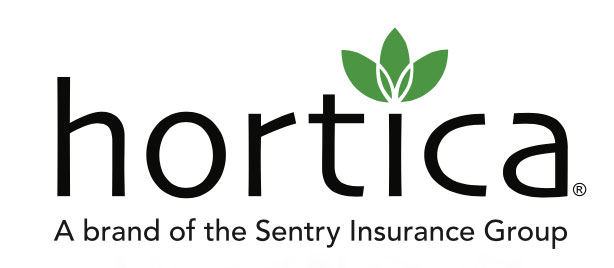Don’t Delay the Future of Your Horticulture Business
It’s only in very rare cases that we will dedicate most or all of an entire issue to one topic. However, the market conditions affecting all growers in the horticulture industry, but specifically our Top 100 Growers, made it necessary for our May issue.
The numbers coming out of this year’s Top 100 Growers survey reflect striking contrasts. On the one hand, there’s been some significant market expansion. Easements of most supply chain challenges, and a strong retention rate of new consumers gained during the COVID-19 pandemic, have given some growers the motivation and the means to add more production space.
On the other hand, we’ve seen an unexpected wave of major operations shutting their doors, some of which have been around for years. The reasons are multiple: the lack of a succession plan when the owner was ready to retire or sell the business, the ever-rising costs of labor, energy, and red tape, or the sudden loss of financial or community support.
Last year, someone asked me about the possibility of greenhouse market contraction heading into 2024. I expected some, but certainly not to this degree.
When thinking about all the conversations I’ve had with growers, consultants, and several others tied to this industry, there are two things that stand out to me:
When one door closes, another opens. Those growers forced to shut down still have dedicated customers, which means there’s a chance for other growers to pick up that market share. A study released by Axiom Marketing late last year showed positive signs that new and novice gardeners will expand their gardens, plant more, spend more money, and spend more time gardening in 2024. Even better, the study surveyed 300 new and novice gardeners who’ve gardened four years or less, own a home, and purchased a garden plant in 2023. Of these respondents, 73.8% were between the ages of 19 and 41. Seventy-three percent reported having gardened “two to four years,” and 26% reported gardening for the “first time.” Now is the time to take advantage of these opportunities.
Perhaps the most important thing? If you’re thinking about retiring or selling your business (and even if you aren’t right now), have a plan in place! As Chris Cimaglio, Managing Director of PivotPoint Business Solutions, notes in a recent article, “This industry has been rocked by the closure of several major growers. A few could have been avoided with proper succession and exit planning. Several didn’t plan, and for others, it was too late.”
Make this a priority, even if it means stepping away from some of your typical day-to-day activities. Thinking about what will happen to your business when you’re no longer around isn’t easy, but if you don’t have a strategy, having the best team, best plants, and best new technology is irrelevant.
Picture this scenario: you’re at a horticulture conference, and you’re standing outside of two meeting rooms. One has a talk on succession planning, and the other a talk on new technology. Look, I dig the next greenhouse gadget as much as the next person, but if your business won’t be around in the next few years, it won’t matter. Let’s fill that first room. When we do, we can really focus on the exciting future of this industry.











